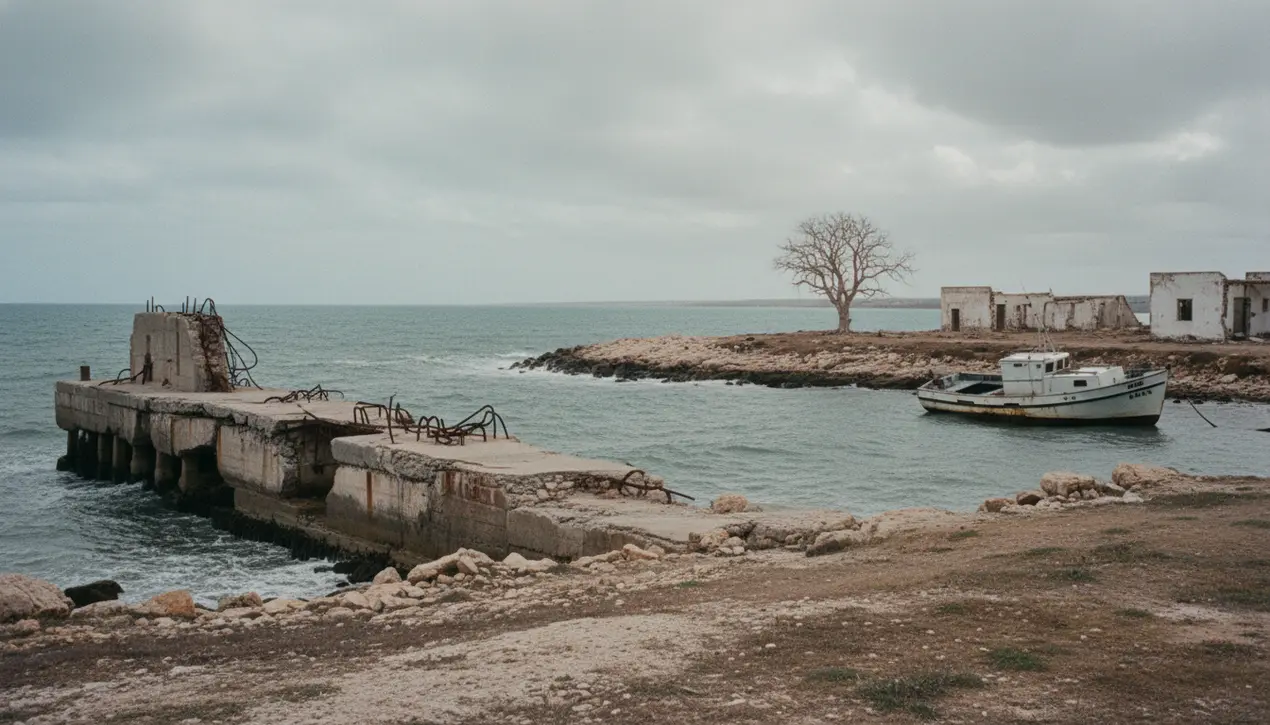
SciencearchaeologyCultural Heritage
Notes on Ruination
RA
Rachel Adams
2 hours ago7 min read
Ruination is not a singular event but a process, a slow unraveling that mirrors the ecological collapses I've documented from the bleached coral graveyards of the Great Barrier Reef to the quiet, acidifying soils of the Amazon basin. It begins with a fracture, a hairline crack in the system's integrity—be it a polity, an ecosystem, or a human spirit—that, left unaddressed, widens into a chasm.We see this in the historical record with the fall of empires, where internal decay and external pressures coalesced, but we are living through a modern, accelerated version of this phenomenon on a planetary scale. The data is unequivocal: the relentless trajectory of carbon emissions, the staggering rate of biodiversity loss quantified by the Living Planet Index, the creeping desertification swallowing arable land.These are not isolated statistics; they are interconnected symptoms of a global system pushing past its tipping points. I am reminded of the work of biologists studying forest fragmentation, where the destruction of a critical threshold of habitat doesn't just shrink an ecosystem but fundamentally alters its microclimate and functionality, leading to an irreversible cascade of species loss.This is the essence of ruination—it's a threshold event disguised as a gradual decline. The emotional toll is equally profound, a deep-seated solastalgia, the homesickness one feels while still at home, as the familiar landscape, both physical and cultural, erodes beyond recognition.The consequences are not a distant future scenario; they are present in the climate refugees fleeing uninhabitable regions, in the economic instability wrought by resource scarcity, and in the fraying of social contracts under the strain of existential uncertainty. Yet, within this narrative of decay lies a stubborn seed of resilience.Just as a forest fire, itself an agent of destruction, can clear the way for new growth by releasing nutrients and allowing sunlight to reach the forest floor, our current state of ruination demands a radical re-evaluation. It forces us to ask not how we prevent all change, but how we adapt, how we build systems that are antifragile, capable of withstanding and even benefiting from shocks.The path forward is not about returning to a mythical, pristine past, but about managed retreat, rewilding, and a just transition that acknowledges the losses while fiercely cultivating the possibilities for regeneration. It is the hardest, most necessary work of our time, a deliberate turning away from the path of greatest convenience toward one of profound, collective responsibility.
#ruination
#decay
#abandoned places
#urban exploration
#cultural heritage
#editorial picks news
Stay Informed. Act Smarter.
Get weekly highlights, major headlines, and expert insights — then put your knowledge to work in our live prediction markets.
Comments
Loading comments...
© 2025 Outpoll Service LTD. All rights reserved.